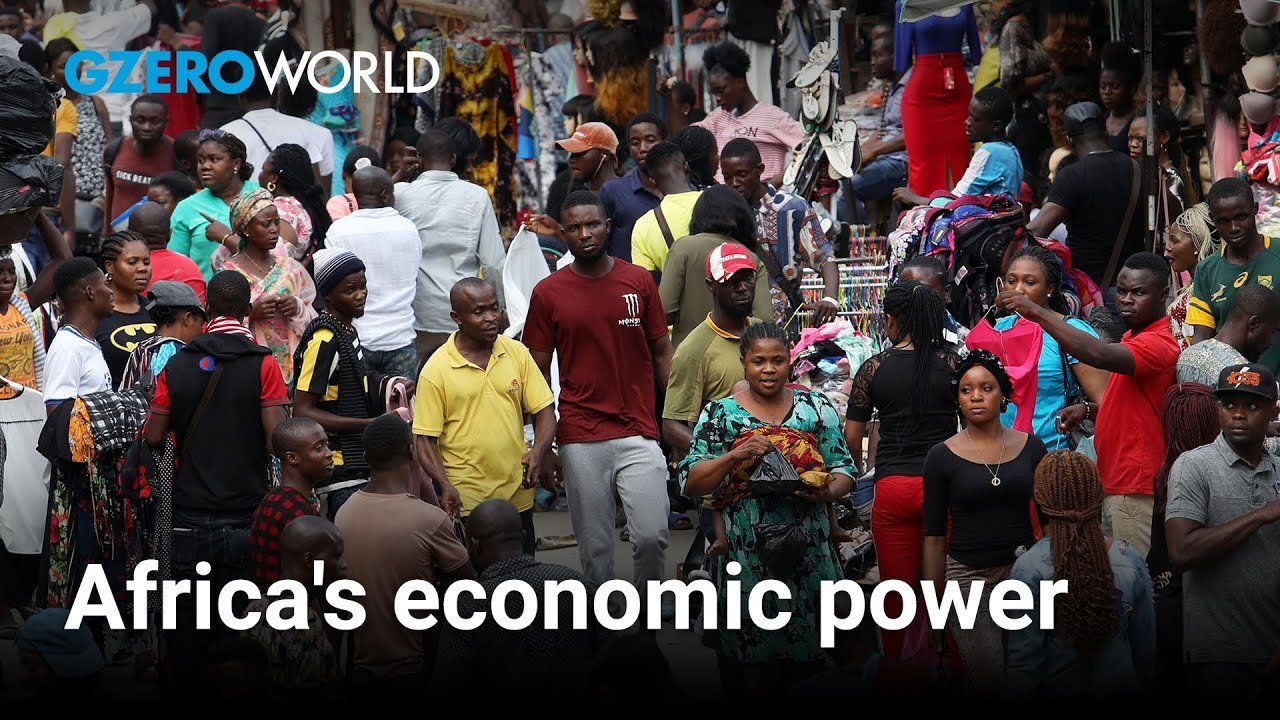Africa's economy could rival China or India, says WTO chief Ngozi Okonjo-Iweala

The African continent has a population of 1.4 billion people, but it imports more than 90% of its medicines and 90% of its vaccines. WTO Director General Ngozi Okonjo-Iweala says the time has come to open up the continent to globalization and encourage businesses to invest in African countries.
On GZERO World with Ian Bremmer, Okonjo-Iweala makes the case for decentralizing and diversifying global trade to open up new markets, bring Global South countries into the mainstream of the world economy, and reduce reliance on any one country for crucial goods and services.
Africa hasn’t yet globalized, but when it does fully integrate into the world economy, it could create a domestic market of over a billion people that rivals that of China and India.
“Africa has about 3% of world trade, and that’s too small,” Okonjo-Iweala says. “When, not if, that experiment really gets going of Africans integrating better with themselves and trading, that is automatically very attractive for trade for the world.”
Watch the full interview: World trade at risk without globalization, warns WTO chief Ngozi Okonjo-Iweala
Catch GZERO World with Ian Bremmer every week at gzeromedia.com/gzeroworld or on US public television. Check local listings.
- G20 achieves consensus, but stays cool on climate and Ukraine ›
- The Graphic Truth: Russia vs. US trade ties in Africa ›
- What Africa has to say about climate change ›
- Putin hosts Africa summit ›
- Viewpoint: Is China the only reason the US cares about Africa? ›
- Women in power — the World Trade Organization's Ngozi Okonjo-Iweala ›
- Why Africa's power partnership with the World Bank should attract investors - GZERO Media ›